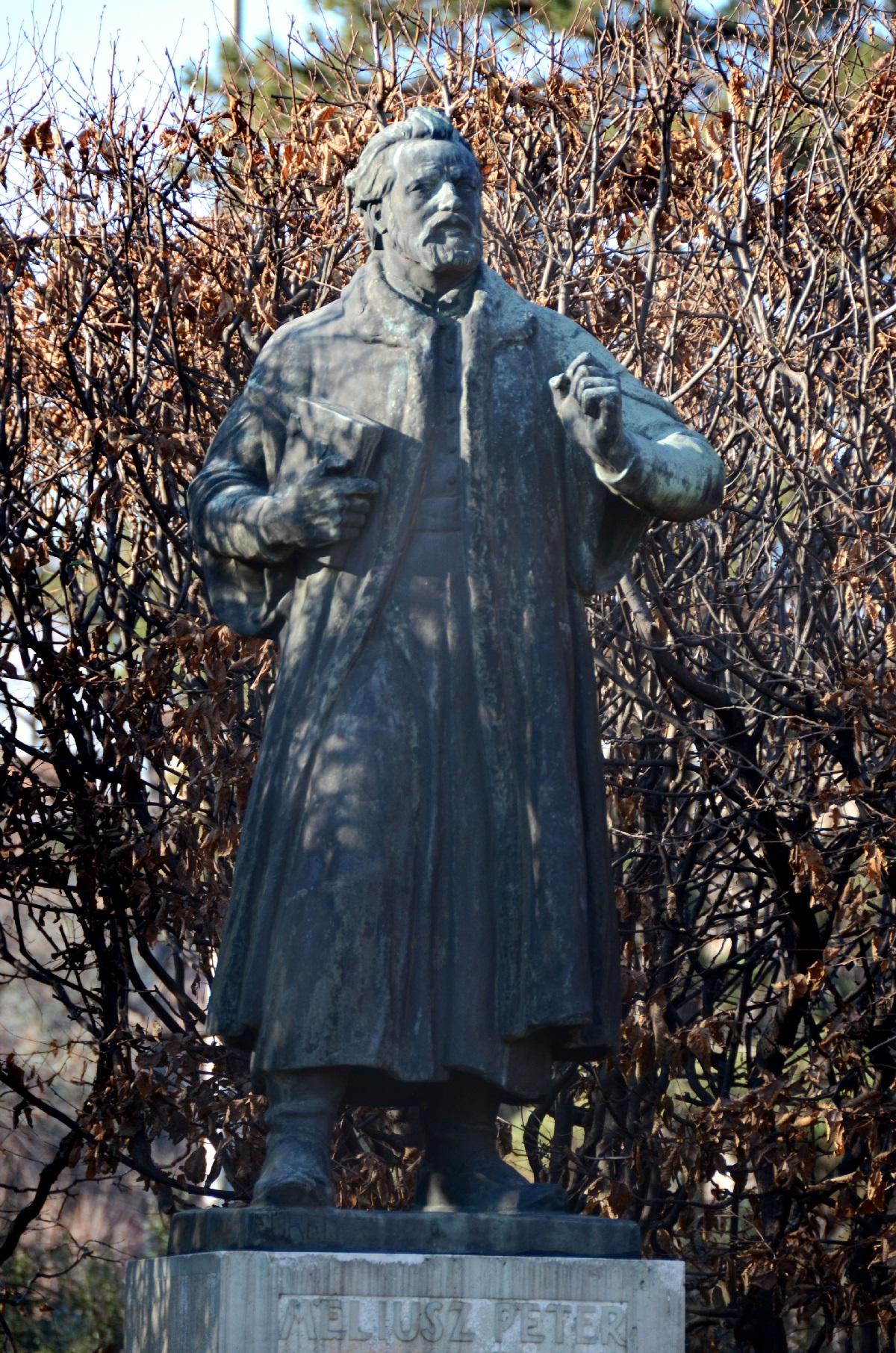The institution was named after Méliusz Juhász Péter (1532-1571) in 2003. He was a bishop of the Reformed Church, church scholar, writer, botanist and the most prestigious and knowledgeable leader of the Hungarian reformation. He attended the university of Wittenberg. Later, between 1561 and 1562 he was a bishop of the Church of Debrecen and the Tiszántúli Reformed Churches from 1562 until his death. He organized the Reformed Church in Hungary while doing valuable literary work and participating in numerous polemic discussions.
Along with others, he edited the first Helvetic Confession in Hungarian language, based on the Calvinist beliefs. His programmatic sermons became important works of polemic literature of his age. In these sermons he tried to strengthen the position of Calvinism in relation to the Lutherans and Unitarians. He also published the first Calvinist prayerbook and songbook, moreover translated Calvin’s Catechism to support congregation. He also attempted to translate the Bible. Some books of the Old Testament and New Testament has been published, however copies of the New Testament translations disappeared. He wrote Herbarium, the first Hungarian academic botanical book for medical purposes, which has been published after his death.
He played an important role in developing and consolidating Hungarian reading culture. In 1561 he hosted the famous itinerant typesetter, Huszár Gál in Debrecen. The city press (called Alföldi lately) which is still operating, was established with the help of the equipment he had left here. This place was an important center of Hungarian education over the centuries: tremendous excellent work of Hungarian literature and science came from the press and several handbooks and church books have been printed there.
His time on earth was short, however his activities have made a huge impact on general thinking, attitude and spirit of the people of Debrecen and its surroundings. The value system he represented is an integral part of the city’s cultural life.

© debrecenliterature.hu All Rights Reserved Privacy Policy